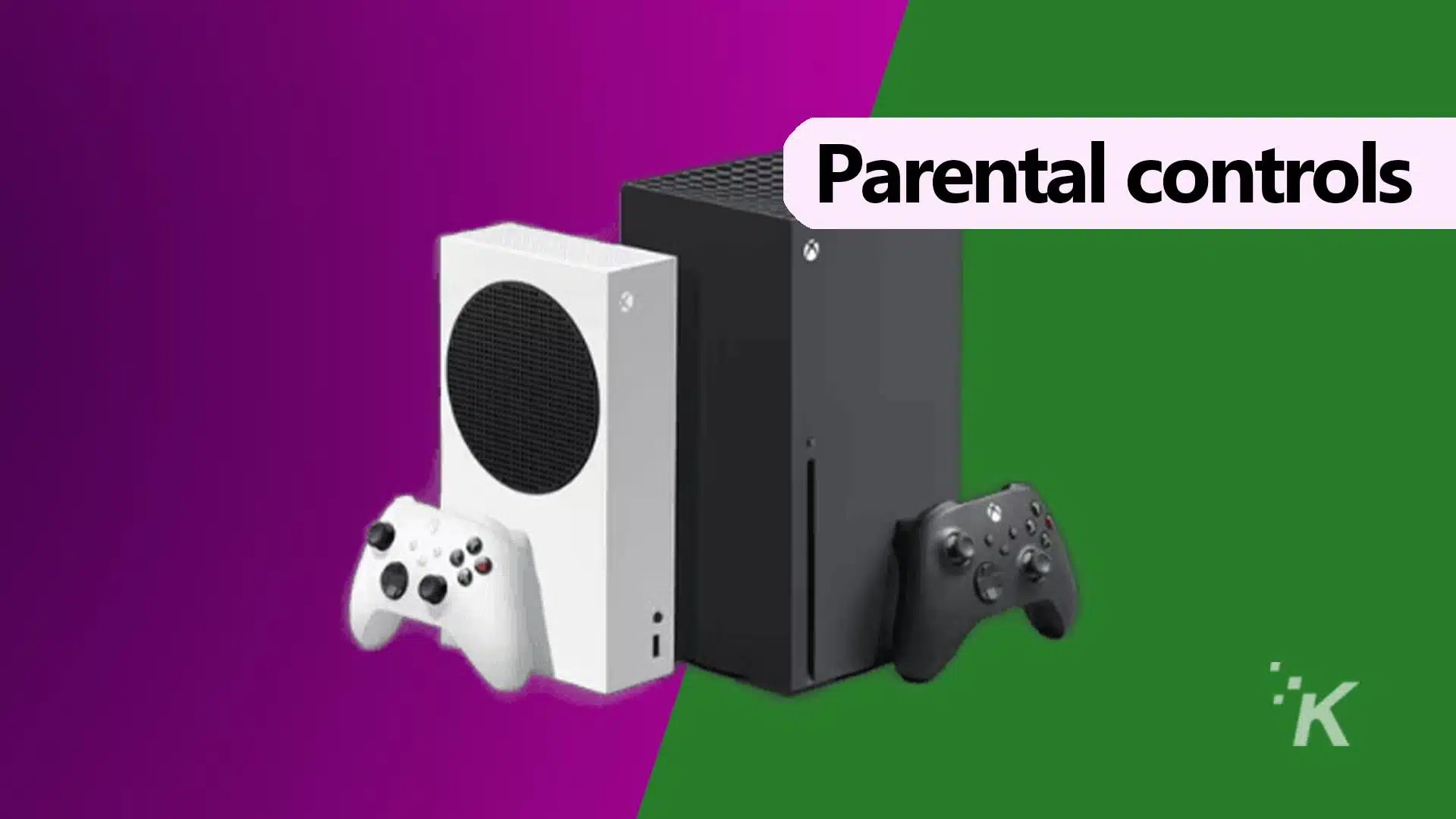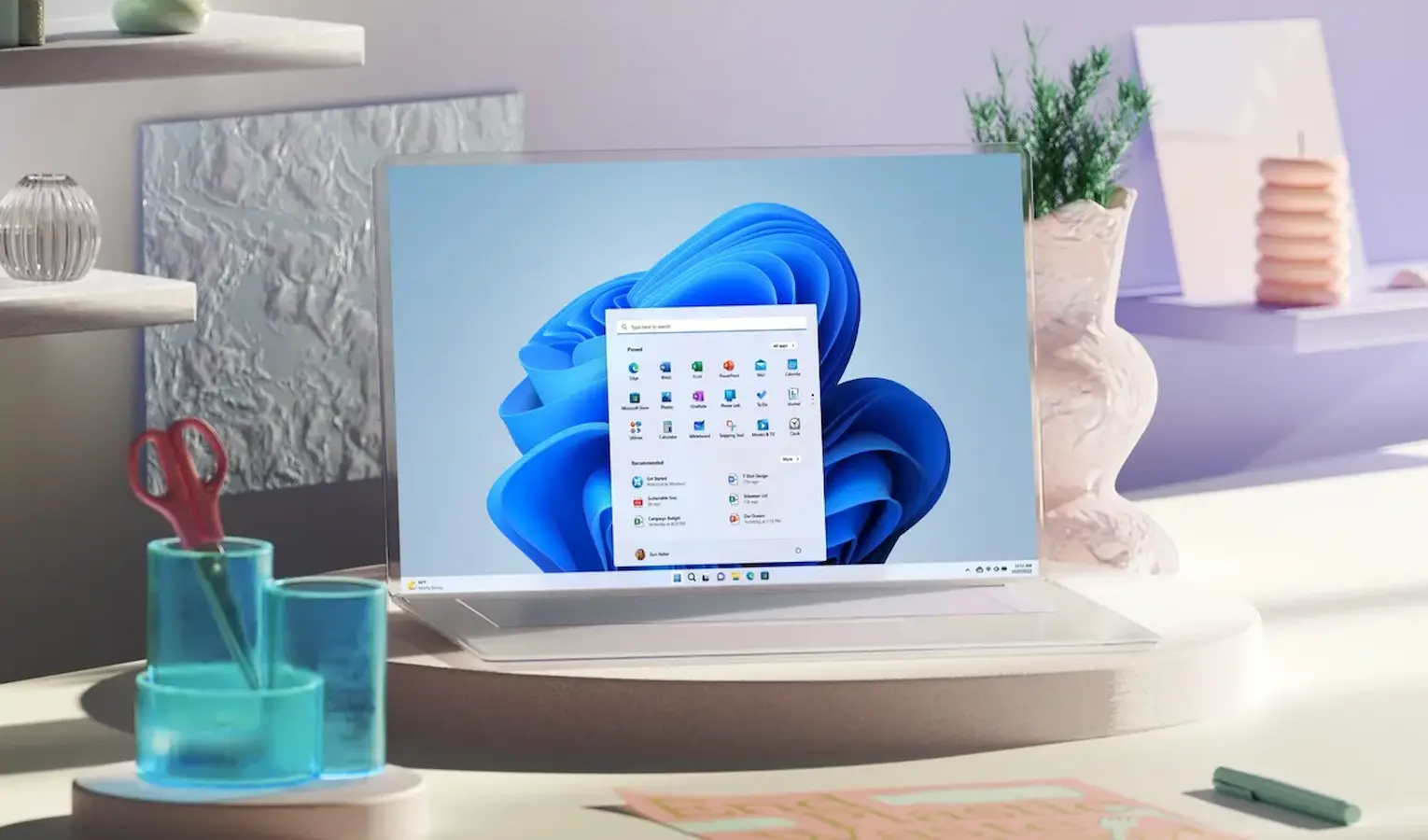While WhatsApp offers more features than its competitors, it still lacks a few important ones. For example, WhatsApp is still unable to translate messages on the platform.
Sometimes, you may receive messages on WhatsApp that may be difficult for you to understand just because of the language.
It’s a very common problem, especially if you have a friend who doesn’t share a common language. Having the option to translate WhatsApp messages could be a great addition, especially if you deal with foreign clients.
How to Translate WhatsApp Messages
While WhatsApp doesn’t allow you to translate messages, a few workarounds allow you to do so in easy steps. Below, we have shared a few simple methods for translating WhatsApp messages. Let’s get started.
1. Translate WhatsApp Messages using Gboard
This is the easiest way to translate WhatsApp Messages. If you use an Android smartphone, Gboard is your default keyboard app. Here’s how to translate WhatsApp messages on Android with Gboard.
1. First, download & install the Gboard app on your Android if it’s not installed. If it’s already installed, update it from the Google Play Store.


2. Launch the WhatsApp app on your smartphone and open the conversation.
3. Now, long press on the text that you want to translate and tap on the three dots in the top-right corner.




5. Now tap on the WhatsApp message field. This will open the Gboard; tap the Menu button and select Translate.


6. Next, paste the text you have copied. You will see the text getting translated into your selected language in real-time.


7. You can easily change the translated language by tapping the output language button.


2. Translate WhatsApp Messages using Google Translate
Google Translate app is available on the App Store for Android and iPhone. The good thing about Google Translate is that it can translate texts, photos, and voices. Here’s how to use the Google Translate app to translate your WhatsApp Messages.
1. First, download & install the Google Translate app on your smartphone.


2. When the app opens, tap on your profile picture in the top-right corner.


3. Select Settings from the list of options that appear.


4. On Settings, tap the Tap to Translate option.


5. On the Tap to Translate screen, enable the toggle for:
- Use Tap to Translate
- Show floating icon
- Auto-translate copied text


6. Now open WhatsApp and select the conversation where you want to translate text.
7. Long press on the text to select it. Once selected, tap on the floatingGoogle Translate icon.


8. This will open Google Translate in a floating window. You can see the text translation, switch languages, make Google Translate speak the text, etc.


3. Translate WhatsApp Messages on Google Pixel
If you have a Google Pixel 6, you can use the live translate feature to translate your WhatsApp Messages. Live Translate was introduced on the Pixel 6 series and is available even on the Pixel 7 series.
The feature makes real-time translation possible. Whenever it detects a text in a different language than what your phone is using, it allows you to translate it into your language.
This is a helpful feature, but currently, it’s limited only to Pixel smartphones. If you have a Pixel 6 or above, follow these steps to translate your WhatsApp Messages.
- First, open the Settings app on your Pixel smartphone.
- When the Settings app opens, tap on the System.
- On the System, select Live Translate. On the next screen, enable the Use Live Translate option.
- Once done, choose your default language for translation.
- Head over to WhatsApp and open the conversation.
- Now, if the feature detects a language different from the default system language, you can translate the text at the top.
- Tap on the Translate to (language) at the top.
4. Translate WhatsApp Messages with Chat Translator
Chat Translator is a third-party app you can get from the Google Play Store. The app can translate WhatsApp messages in just a few taps. Here’s how to use the app on an Android device.
1. To get started, download & install the Chat Translator for All Languages on your Android smartphone.


2. Once the app installs, open it and tap the Next button.


3. Simply reach to the main screen of the app. Next, tap on the Power button to turn on Chat Translator.


4. Now, the app will ask you to grant a few permissions. Grant all permissions that the app asks for.


5. Once done, open the WhatsApp chat where you want to use the translator.
6. Simply drag and hold the Hey floating ball to the message you want to translate. The message will be translated instantly.


Other Ways to Translate WhatsApp Messages?
Apart from these three methods, there are other ways to translate WhatsApp Messages. You can use third-party language translator apps to translate WhatsApp Messages.
You even have the option to use online translators to translate the messages. All of these apps & services require manual text input on the translator.
Frequently Asked Questions:
Can I translate messages on WhatsApp?
Yes, you can follow the methods we have shared in the article to successfully translate your WhatsApp messages.
How do I turn on Google Translate on WhatsApp?
You can utilize the Google Translate app on your Android phone to enable the Google translation features. Alternatively, you can use the Gboard app to translate messages in real time.
What is the best translation app for WhatsApp?
Gboard and Google Translate are the best translation apps for WhatsApp. These two are also highly compatible with other social networking and instant messaging apps.
Can you get subtitles on WhatsApp?
No, WhatsApp doesn’t provide you with the transcript of the audio messages. You will have to rely on third-party apps like Live Caption, Live Transcribe, etc.
These are simple methods to translate WhatsApp Messages on Android to any language. If you need more help translating WhatsApp messages, let us know in the comments. Also, if the article helped you, share it with your friends.
“Hey there! Just so you know, we’re an Amazon affiliate. This means if you buy something through our links, we may earn a small commission. It doesn’t cost you extra and helps keep our lights on. Thanks for supporting us!”










